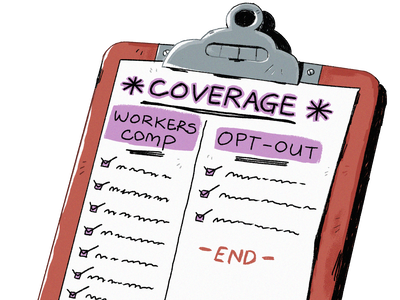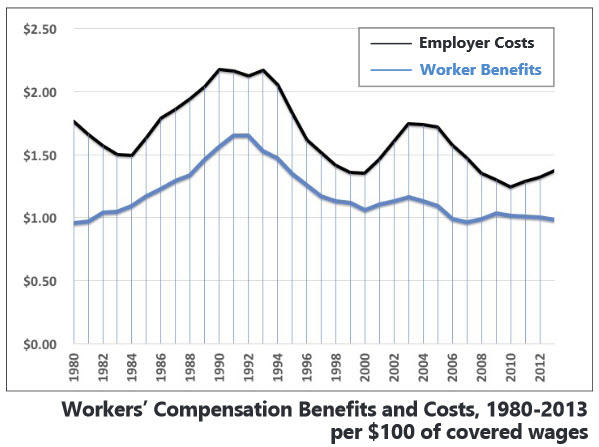All employers in Washington were slatedto receive a new required Job Safety and Health poster in October from the Department of Labor & Industries (L&I).
The mailing was prompted by a major change in what employers must report to L&I. Under the new requirement, employers must now report to L&I within 24 hours if a worker suffers an amputation or loss of an eye and is not admitted to the hospital. This is in addition to the existing requirement to report within eight hours any workplace fatality or inpatient hospitalization.
L&I changed the requirement so Washington would be in compliance with the federal Occupational Safety and Health Administration (OSHA).
Employers should discard their old Job Safety and Health poster and replace it with the new one dated 09-2015.
L&I requires employers to post three workplace posters. The other two were not changed, so employers don’t need to replace them if they have the current version.
The other two posters and valid dates are:
• Notice to Employees — If a Job Injury Occurs (valid date 12/2012) for employers who receive industrial insurance coverage through L&I; or Notice to Employees – Self-Insurance (valid date 12/2012) for self-insured businesses.
• Your Rights as a Worker in Washington State (valid dates 06/2013 or 12/2012).
• Your Rights as a Worker in Washington State (valid dates 06/2013 or 12/2012).
L&I posters are always free and can be downloaded and printed at www.Lni.wa.gov/RequiredPosters. This link also contains information about other government posters and answers to questions about the required posters.
Read more: www.ReduceYourWorkersComp.com Washington State Employers to Be Updated on Workplace Safety http://blog.reduceyourworkerscomp.com/2015/12/washington-state-employers-to-be-updated-on-workplace-safety/#ixzz3vlUewy1g
Copyright Amaxx Risk Solutions, Inc.
Under Creative Commons License: Attribution Non-Commercial No Derivatives
Original Source
Contact Neil O'Toole and John Sbarbaro
Phone: 303-595-4777
Located in the Denver Metro area.
226 West 12th Avenue Denver, Colorado 80204
Disclaimer
Any content of this blog is intended for informational purposes only.It is not intended to solicit business, provide legal advice from The Law Office of O'Toole & Sbarbaro, P.C. and does not serve as a medium for an attorney-client relationship. Therefore, The Law Office of O'Toole & Sbarbaro, P.C. is not responsible for the information on this blog which may not apply to every reader. Always seek professional counsel if you have any legal matters. Contents within the blog of The Law Office of O'Toole & Sbarbaro, P.C., logos and other related media are protected by the copyright laws of the United States and other jurisdictions.
Privacy Policy








